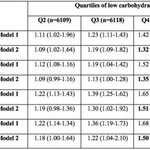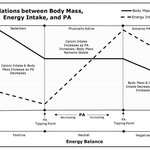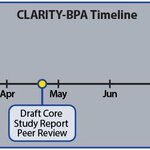
An analysis of over 400,000 people's self-reported drinking habits finds that statistically drinking alcohol 4 or more times per week increases the risk of premature death by 20 percent. The increased risk was consistent across age groups.
Because this is epidemiology, a lot of caution must be placed near the top. Recently, The Lancer published a paper they knew was bogus but had a media friendly claim; that the safe level of alcohol was none. But that was just a review of studies and included binge drinkers and alcoholics. And every paper of this kind will suffer from a glaring weakness; it…






